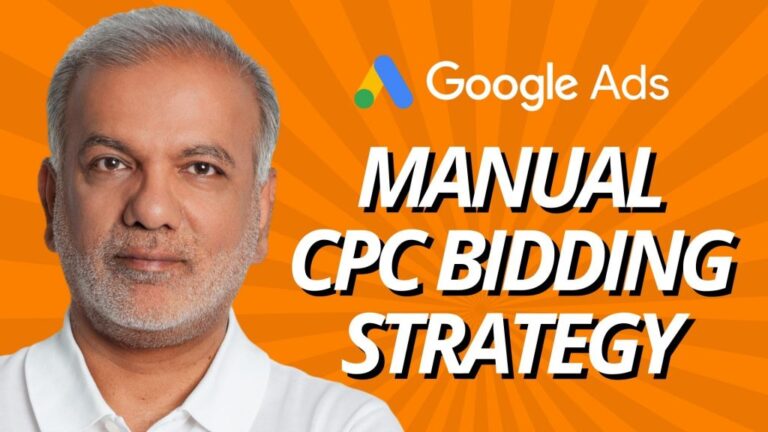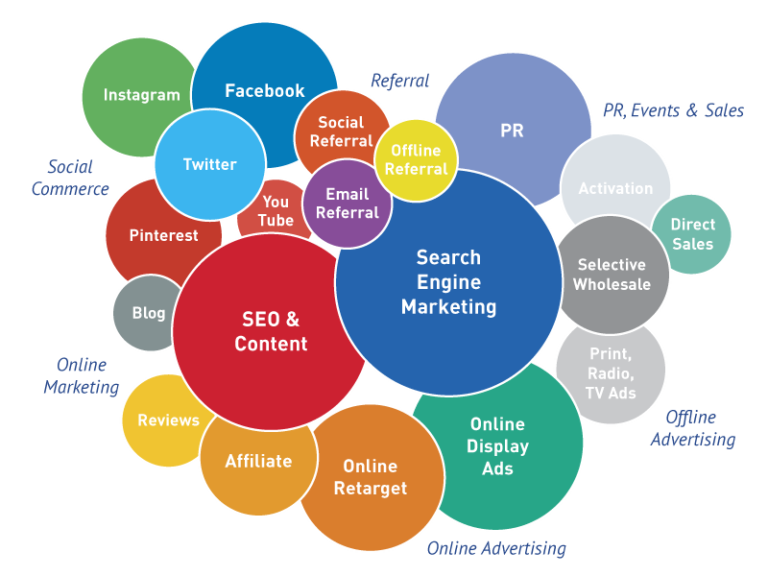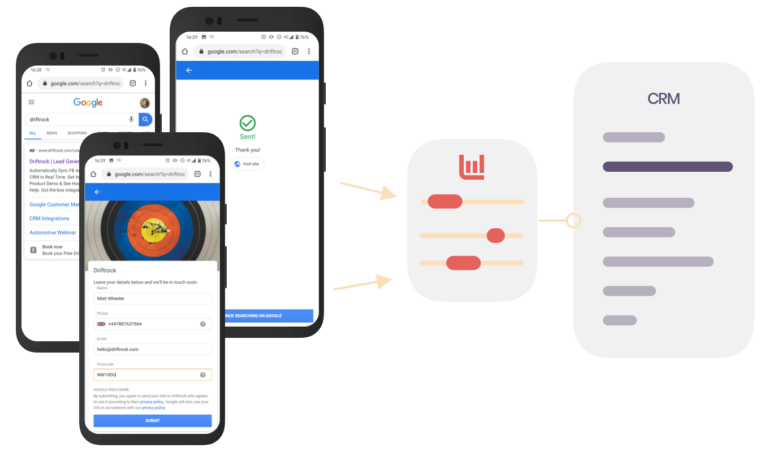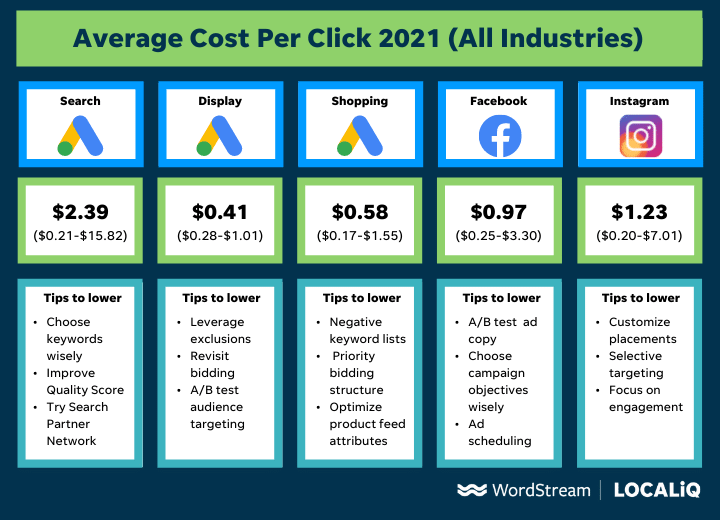Use broad, phrase, or exact match keywords in your Google Ads campaign based on your advertising goals and audience targeting. In some cases, broad match keywords can help you reach a wider audience, while phrase and exact match keywords can be more targeted for specific searches.
However, it’s important to regularly analyze and optimize your keyword performance to ensure your ads are reaching the right people and generating the desired results.

Credit: www.innovationvisual.com
Broad Match Keywords
In the world of digital advertising, keywords play a crucial role in driving relevant traffic to your website. When it comes to creating a successful Google Ads campaign, choosing the right match type for your keywords is essential. There are three primary match types to consider – broad match, phrase match, and exact match. In this blog post, we will explore each match type in detail, starting with broad match keywords.
Definition And Functionality
Broad match keywords are the most wide-ranging match type you can use in Google Ads. Using broad match allows your ads to be displayed when a user searches for any word or phrase, in any order, that is related to your keyword. Broad match also includes variations such as singular/plural forms, misspellings, synonyms, and related searches.
Advantages Of Using Broad Match Keywords
When used correctly, broad match keywords can offer several advantages that help drive traffic and enhance campaign performance:
- Increased Reach: Broad match keywords have the potential to reach a large audience and capture a wide range of search queries. This can be beneficial for businesses looking to increase their brand visibility and attract new customers.
- Discover New Keywords: Through broad match, you can uncover new keyword opportunities and gain insights into the search terms people use to find your products or services. This can help in expanding your keyword list and refining your overall keyword strategy.
- Save Time on Keyword Research: With broad match, you don’t need to spend as much time researching and adding multiple variations of keywords to your campaign. The broad match capability automatically includes different variations, saving you time and effort.
- Creative Ad Copy Options: Broad match keywords provide flexibility in creating ad copy that can be relevant to a wide range of search queries. It allows you to tailor your ads to match different user intents and interests.
Disadvantages Of Using Broad Match Keywords
While there are several advantages to using broad match keywords, it is essential to consider the potential drawbacks:
- Less Control on Search Intent: Broad match keywords may trigger your ads for searches that are not closely related to your business or target audience. This lack of control can lead to irrelevant clicks and wastage of advertising budget.
- Increased Competition: Due to the wider reach, broad match keywords are more competitive than other match types. This can result in higher cost-per-click (CPC) rates and increased competition for ad placements.
- Poor Ad Rank: Since broad match may trigger your ads for a wide array of search terms, it is crucial to ensure a strong ad rank across various queries. Otherwise, your ads may not receive optimal visibility and may not attract enough clicks.
Guidelines For Using Broad Match Keywords Effectively
To make the most out of broad match keywords, it is crucial to follow these guidelines:
- Negative Keywords: Regularly review and update your negative keyword list to exclude irrelevant search terms that are not aligned with your campaign goals.
- Monitoring and Optimization: Constantly monitor the performance of your broad match keywords and make necessary adjustments. Identify search terms that generate positive results and add them as phrase match or exact match keywords to gain better control.
- Avoid Excessive Broad Match Usage: Keep a balance between different match types in your campaign. Overusing broad match keywords can lead to inefficiencies and reduced control over ad targeting.
- Refine Ad Copy: Create compelling ad copy that clearly communicates your unique selling points and aligns with a wide range of search queries, while maintaining relevance to your business.
Credit: support.google.com
Phrase Match Keywords
When it comes to optimizing your Google Ads campaign, understanding the different match types for keywords is crucial. One such type is the Phrase Match Keywords. In this section, we will delve into the definition and functionality, advantages, disadvantages, and guidelines for effectively using phrase match keywords.
Definition And Functionality
Phrase match keywords are enclosed in quotation marks and are designed to reach a more specific audience than broad match keywords. They allow your ads to be triggered when the search query includes the exact phrase within the quotation marks, regardless of what words come before or after it.
The functionality of phrase match keywords lies in their ability to strike a balance between the narrow targeting of exact match keywords and the broader targeting of broad match keywords. By reaching a more targeted audience, you can improve the relevance of your ads and increase the chances of conversion.
Advantages Of Using Phrase Match Keywords
Using phrase match keywords in your Google Ads campaign offers several advantages:
- Increased relevance: By targeting specific phrases, you can ensure that your ads are shown to users who are actively searching for the products or services you offer.
- Improved ad performance: When your ads are shown to a more relevant audience, the chances of attracting clicks and conversions are higher, leading to better overall campaign performance.
- Reduced budget waste: Since phrase match keywords are more targeted than broad match keywords, you can minimize the risk of paying for clicks from irrelevant search queries.
Disadvantages Of Using Phrase Match Keywords
While phrase match keywords have their advantages, it’s important to be aware of their limitations:
- Potential reach limitations: Unlike broad match keywords, phrase match keywords may limit the scope of your audience reach. This means you may miss out on potential customers who use slightly different search queries.
- Increased competition: As phrase match keywords become increasingly popular, more advertisers may target the same phrases, leading to higher competition and potentially increased bid costs.
- Less control over search intent variations: With phrase match, your ads are triggered for queries that contain the exact phrase, even if the user’s intent is slightly different. This may result in lower click-through rates and less effective targeting.
Guidelines For Using Phrase Match Keywords Effectively
To make the most out of phrase match keywords in your Google Ads campaign, follow these guidelines:
- Include variations: While phrase match keywords target specific phrases, incorporating relevant variations can help capture a broader audience without sacrificing relevancy.
- Monitor search terms report: Regularly review the search terms report to identify any irrelevant or low-performing search queries. Add negative keywords as needed to refine your targeting.
- Experiment and refine: Continuously test and refine your choice of phrase match keywords to find the best-performing combinations. This will help you optimize your budget and improve campaign performance over time.
In conclusion, phrase match keywords offer a middle ground between the broad reach of broad match keywords and the precision targeting of exact match keywords. By understanding their definition, advantages, disadvantages, and guidelines for effective use, you can leverage phrase match keywords to enhance the effectiveness and efficiency of your Google Ads campaign.
Exact Match Keywords
When it comes to selecting keywords for your Google Ads campaign, it’s important to consider the effectiveness of broad, phrase, and exact match keywords. Using exact match keywords can help you reach a more targeted audience and increase the relevancy of your ads, ultimately improving your campaign’s performance.
Exact Match Keywords are an essential component of a successful Google Ads campaign. These keywords allow you to target your ads to a specific audience, ensuring that your message reaches the right people at the right time. In this section, we will explore the definition and functionality of exact match keywords, their advantages, disadvantages, and guidelines for using them effectively.Definition And Functionality
Exact match keywords are search terms or phrases that trigger your ads to appear only when those specific keywords are entered into the search engine. They are indicated by enclosing the keyword in square brackets, such as [best running shoes]. By using exact match keywords, you can ensure that your ad is shown to users who are actively searching for the exact terms you have selected. Using exact match keywords provides a higher level of control over your ad targeting. It allows you to align your ads precisely with the intent of the searcher, increasing the chances of connecting with interested prospects.Advantages Of Using Exact Match Keywords
Using exact match keywords offers several advantages for your Google Ads campaign: 1. Precise targeting: Exact match keywords ensure that your ads are displayed only to users who search for the exact terms you have specified. This precision enables you to connect with highly relevant prospects and increase the likelihood of conversions. 2. Higher click-through rates (CTRs): By targeting specific keywords, your ad is more likely to resonate with users, leading to higher CTRs. When your ad matches exactly what a user is searching for, they are more inclined to click on it, resulting in improved ad performance. 3. Better ad relevance: With exact match keywords, your ad copy and landing page can be tailored to align closely with the search query, leading to improved ad relevance. This alignment enhances the user experience and increases the chances of conversions.Disadvantages Of Using Exact Match Keywords
While exact match keywords offer significant advantages, it is important to be aware of their limitations: 1. Narrower reach: Using only exact match keywords narrows down the potential reach of your ads. Since your ads will only be displayed when someone uses the exact terms you have specified, you may miss out on reaching users who are using related or similar search queries. 2. Less flexibility: Exact match keywords have limited flexibility compared to broad or phrase match keywords. If you exclusively use exact match keywords, you may miss out on capturing variations or synonyms of your desired keywords, potentially limiting your campaign’s effectiveness. 3. Increased competition: Highly competitive keywords are often targeted using exact match, leading to increased competition for ad placement. This can lead to higher bidding costs and a more competitive landscape.Guidelines For Using Exact Match Keywords Effectively
To make the most of your exact match keywords, consider the following guidelines: – Conduct thorough keyword research to identify relevant, high-performing exact match keywords. – Monitor and analyze the performance of your exact match keywords regularly to identify optimization opportunities. – Consider using negative keywords to exclude irrelevant search queries and further refine your targeting. – Experiment with different match types and keyword variations to determine the most effective combination for your campaign. – Continuously optimize your ad copy and landing page to ensure maximum relevance and alignment with the exact match keywords you are targeting. By following these guidelines, you can leverage the power of exact match keywords to optimize your Google Ads campaign and drive meaningful results.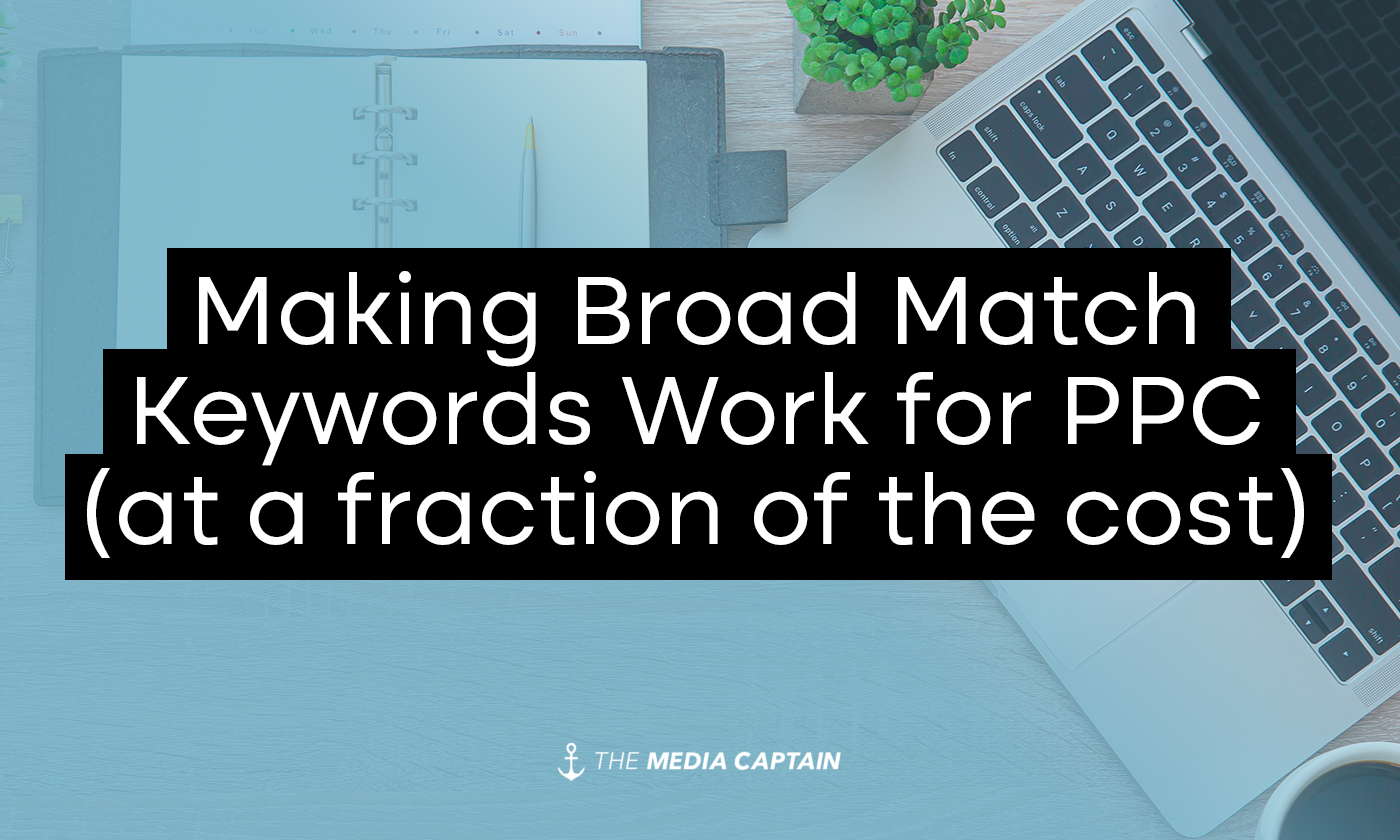
Credit: www.themediacaptain.com
Frequently Asked Questions On Should I Use Broad, Phrase, Or Exact Match Keywords In My Google Ads Campaign?
When Should You Use Exact Match In Google Ads?
Exact match in Google Ads should be used when you want to target specific keywords precisely. It ensures that your ads only appear for exact matches of the keywords you have selected, increasing relevance and improving click-through rates. This targeting is suitable for businesses seeking highly targeted traffic and have a well-defined audience.
Which Keyword Is Best For Google Ads?
The best keyword for Google Ads is one that is highly relevant to your product or service, has a high search volume, and low competition. It should accurately reflect what users are searching for and align with your advertising objectives.
Careful research and analysis can help you find the ideal keyword that will drive quality traffic and maximize your advertising ROI.
Should I Change My Keywords To Broad Match?
No, changing your keywords to broad match may bring in irrelevant traffic and lower the quality of visitors to your website. It’s better to use specific keywords that are relevant to your business to attract targeted and qualified traffic.
Why Not To Use Broad Match Keywords?
Broad match keywords should not be used because they result in less targeted traffic and lower conversion rates. They can trigger ads for irrelevant searches, leading to wasted ad spend. It’s better to use more specific match types like phrase match or exact match to attract relevant and high-intent users to your website.
Conclusion
To maximize the success of your Google Ads campaign, choosing the right type of keyword match is crucial. Broad match keywords can generate more traffic, while phrase match offers more targeted results. On the other hand, exact match keywords provide highly specific and relevant clicks.
Ultimately, the best approach is to combine all three types strategically, depending on your campaign goals. By carefully selecting and balancing these keyword match types, you can optimize your ads for maximum visibility, relevance, and conversions. So, take the time to research your target audience and competitor landscape to make informed decisions about your Google Ads keyword strategy.
Start experimenting and analyzing the results to refine your approach and achieve the desired outcomes. Remember, a well-crafted keyword strategy is the backbone of a successful Google Ads campaign.

